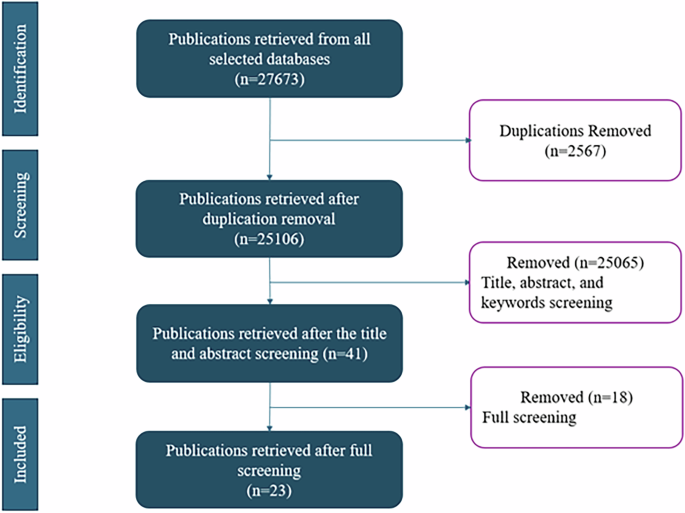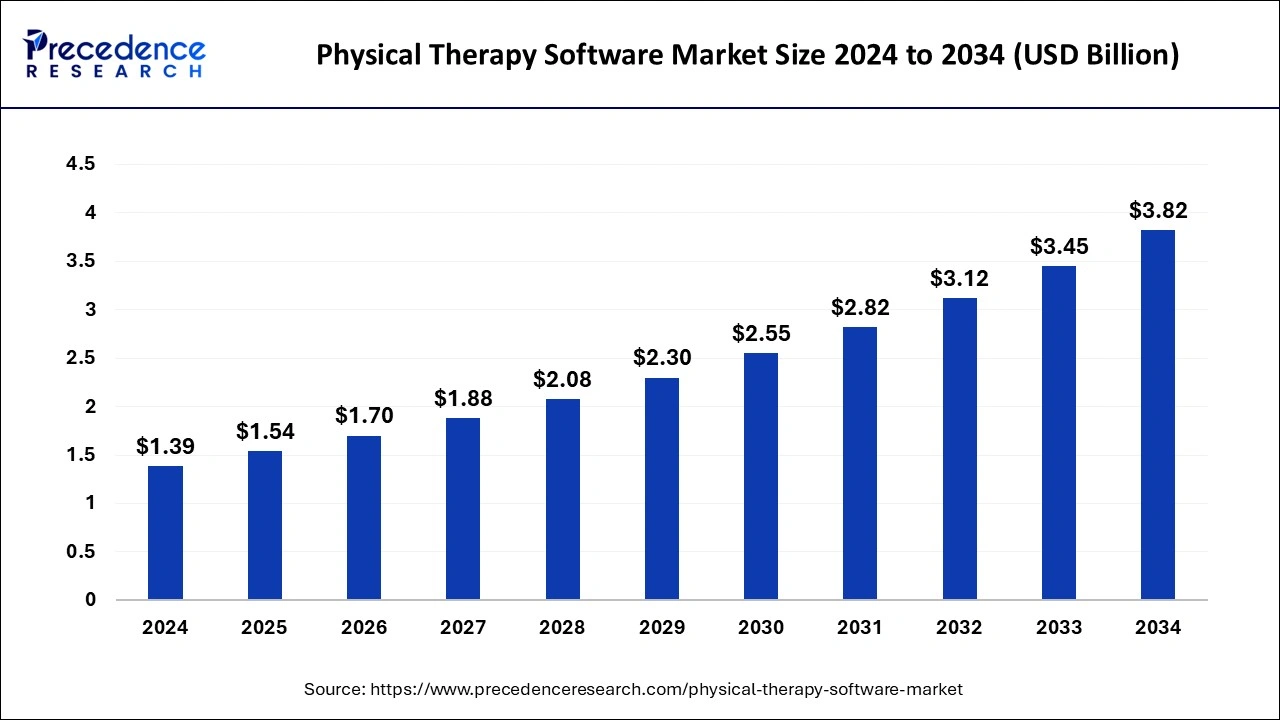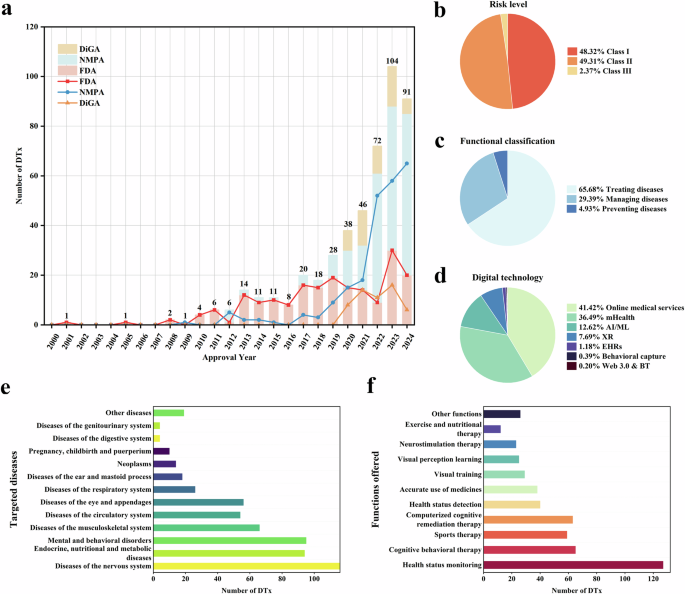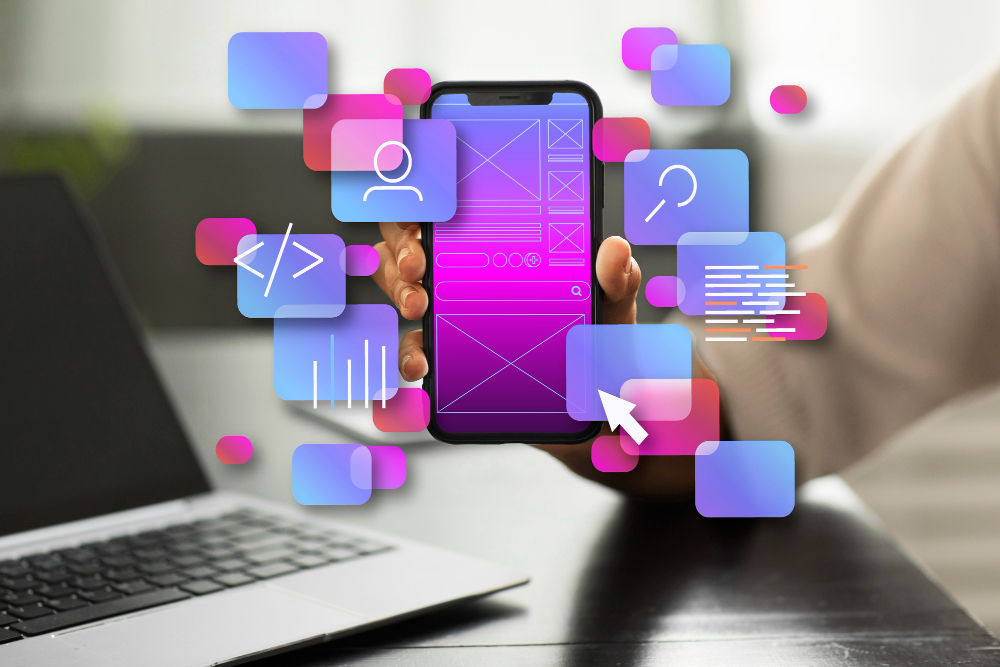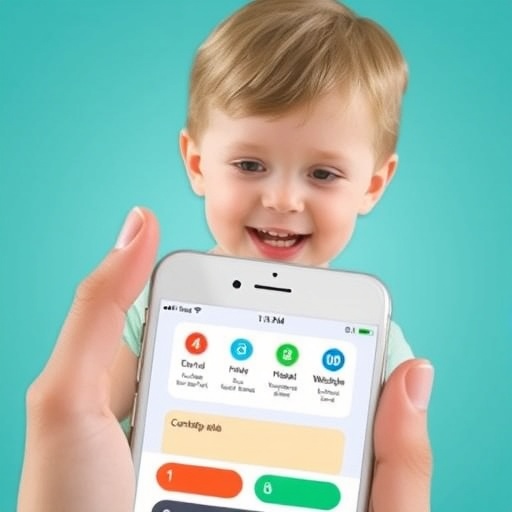What Is MHealth? Apps, Examples & Mobile Health Industry Trends
Today’s consumers don’t want to solely rely on yearly physicals or scattered drop-in appointments to monitor their health – they are seeking more individualized control over the way healthcare is accessed so that they can analyze personal health data and talk to healthcare professionals at all times.
By embracing mobile health, or mHealth, patients are able to keep track of their own health data in real time and inform healthcare providers of any abnormalities at the push of a button.
Business Insider Intelligence
What is mHealth (mobile health)?
Mobile health is the monitoring and sharing of health information via mobile technology – such as wearables and health tracking apps. The use of mobile devices and wireless technology to monitor symptoms and deliver care allows physicians to make diagnoses quicker and with fewer errors.
And as tech giants like Apple and Google continue pushing their way into healthcare, mHealth will likely grow in popularity.
mHealth vs telehealth
Steve Kovach/Business Insider
Telehealth uses technology to extend the reach of healthcare professionals beyond traditional clinical settings. It’s a broad term describing how the healthcare market is taking advantage of digital development to enable remote care.
Comparatively, mHealth is a subset of telehealth, referring specifically to the use of mobile technology to inform and educate consumers on healthcare. It uses mobile devices to monitor patients’ exercise, heart rate, and medication adherence.
Examples of different types of mHealth apps
Mobile health is gaining steam among consumers as Apple and Google continue to offer an array of mHealth applications on their app stores; there were more than 318,000 mHealth apps available for download worldwide as of November 2017. Some of the most common categories of mHealth apps include:
- Diabetes
- Pregnancy
- Weight loss
- Chronic illness
Top mHealth apps on the market
Alivecor
With increasing consumer demand to monitor their own health comes the opportunity for healthcare companies and tech giants to develop mHealth applications. Here are some of the top mobile health apps on the market:
- Fitbit
- Apple Heart Study
- GoogleFit
- Samsung Health
- AliveCor’s KardiaMobile
- BlueStar
Benefits of mHealth app solutions
Stakeholders across the healthcare industry are looking to tap into the mHealth opportunity as Mobile health applications are beginning to integrate electronic health records (EHRs) and other wearable tech devices.
Business Insider Intelligence
According to Business Insider Intelligence, nearly half of all mHealth app publishers integrate with EHRs in order to provide a detailed representation of a patient’s health or medical history.
Healthcare providers could reduce appointment costs by taking advantage of mHealth applications – which lowers the risk of patient rehabilitation. Instead of staying in a healthcare facility post surgical discharge, patients could utilize mHealth apps for recovery instructions and medication reminders.
Payers – which handle the financial aspects of healthcare – can also capitalize on mHealth cost benefits. According to a 2018 Leavitt Partners report, clinical care only accounts for 20% of health, and social determinants account for the remainder.
Health insurance providers could develop mobile apps that provide consumers with health education and send reminders to purchase healthy food – keeping patients largely responsible for their own healthcare.
mHealth industry trends & technologies
One concern consumers have regarding mHealth solutions has to do with data-sharing practices among multiple technologies and applications. According to Business Insider Intelligence, 79% of 24 top-rated mHealth apps shared user data with 55 entities, like app developers and third parties.
Despite privacy concerns however, Business Insider Intelligence predicts that as big tech companies like Apple and Samsung continue to generate their own health features in smartphones, the adoption of mHealth apps will continue to grow.
In fact, Apple grew wearable revenue 42% year-over-year in 2018 and has the potential to hit $15 billion in healthcare-related revenue by 2021.
More Digital Health Industry Topics
link


